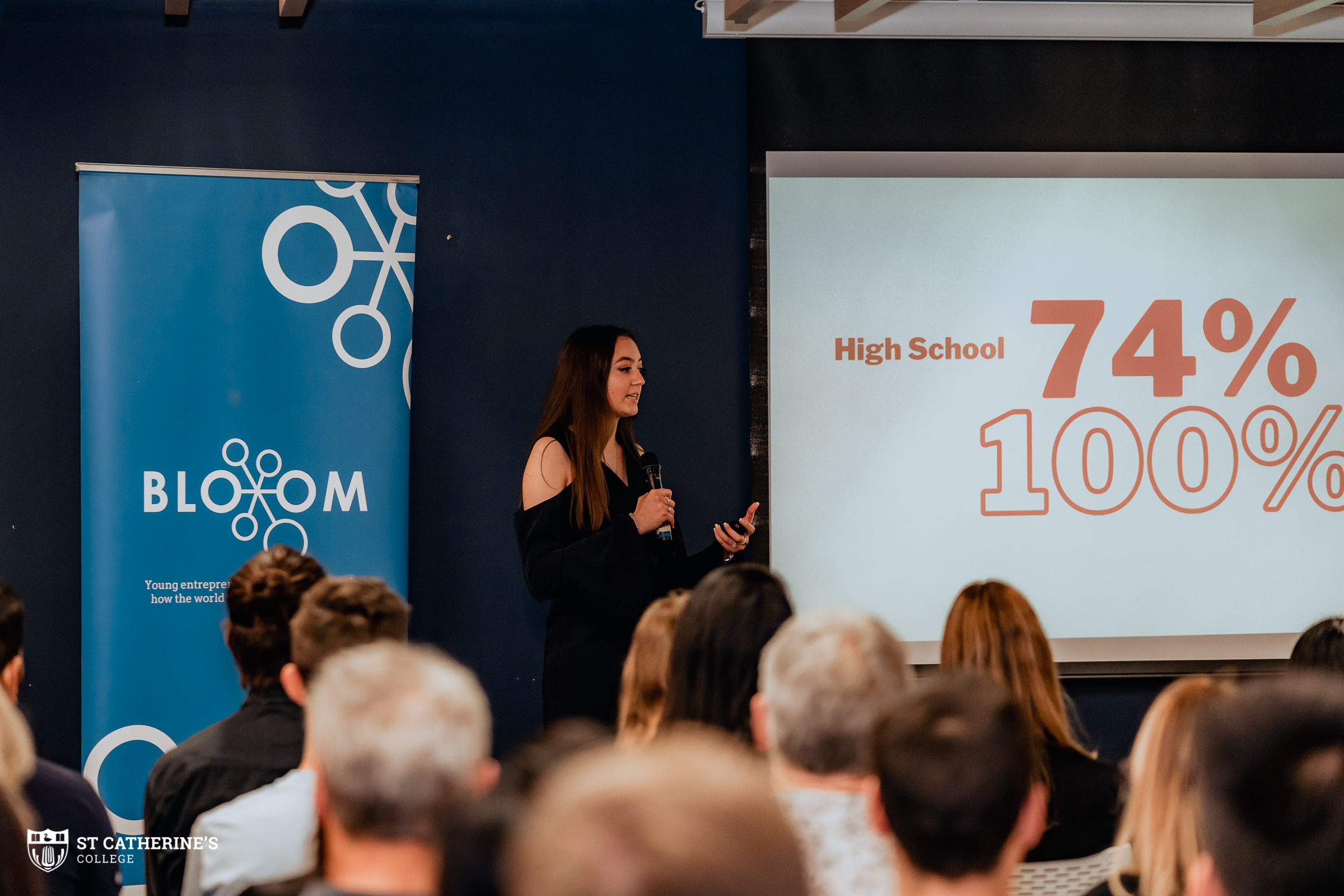Take off! with Launchpad
Written for Pelican Magazine.
One of the wonderous appeals of the university experience is that of freedom of choice. No longer are we restrained and hindered by the rigidity which is often associated with secondary education. The days of ATAR requirements and mandatory subjects are gone, and instead, you now get to step up to the plate and choose where your time, energy and attention are allocated – for the most part at least.
Of course, the reality of university life is not so rosy. We are still greeted by compulsory units, degree-structured scaffolding, and the demands of the life: work, exercise, social lives, errand-running, study, and everything else that lies in the chasm between the ever-rotating cogs of every day.
It was this reality that made Bloom’s Launchpad unit glow with such appeal amongst the masses of units available at UWA. I had always wanted the opportunity to foster my creative, a-thousand-thoughts-a-day mind, but never quite knew how to do so within my tertiary timeline, or where to find the time, network, and means to do so.
Launchpad is the brainchild of Jasmin Ward – UWA alumni and commerce tutor. The programme allows students to spend 12 weeks as entrepreneurs with classes at Bloom’s St Catherine’s College hub; developing business ideas whilst receiving academic credit towards their university degree.
The unit itself is modelled around walking into day one with a drive to learn, connect, grow, and adapt in order to tackle a problem you are passionate about, rather than an idea. The workshops naturally progress through stages to better understand one’s problem, questioning: who it impacts and how, what solutions may look like for different audiences, and what you can do to start solving that problem for people within 12 weeks.
I found it to be truly a refreshed take on your standard business, entrepreneurship, or marketing course – of which I’ve done a few – and an even fresher take on what the outcomes, investments, and rewards of tertiary – and indeed secondary – education should look like.
For myself, this began as a yearning to address, mitigate and manage the high rates of generational burnout in upper-secondary to tertiary students, and resulted in the development of my start-up, WellDone.
WellDone seeks to break down and understand what drives society’s hustle-and-grind culture. It questions why we have seen the emergence of phenomena like the ‘getting that bread’ culture and why these ideas have become so highly valued within some sections of society to the point where many actively promote constant productivity – often to the detriment of other import aspects of life and development. WellDone also seeks to understand how people cope – or rather, how they don’t cope – with a constant stream of expectations, information, and communication without proper rest, wellbeing practices, and attention to holistic health.
Across 12 weeks, I spent over 30 hours interviewing secondary and tertiary students, and recent graduates of both, on burnout. I discovered that while approximately 75 per cent of people experienced burnout in high school, almost 100 per cent of that same interview pool had suffered burnout – ranging from mild to very extreme – during their tertiary studies.
It is a problem that myself and loved ones have struggled with for years and undoubtedly one which, if not already, will soon become one of the most common debilitating issues in educational institutions and workplaces alike. Whilst we cannot necessarily change the systems in which we find ourselves working and studying, we are certainly in a position to educate and empower young people. We must promote an understanding of the importance of health, the reality of human capacity and productivity, and that a constant celebration of 30 under 30 lists may lead to success, but not necessarily deliver us happiness or fulfilment.
Other issues tackled by my cohort included the lack of appeal of teaching as a career path for secondary graduates, cultural integration and inclusion within university and tertiary education communities, paper receipts, sexual violence against women, food wastage, poor sleep cycles, youth financial illiteracy, the profile of the Perth urban arts scene, vintage clothing, non-religious or political youth development spaces, and much more.
Instead of being stuck with weekly reflections, assignments, or exams, all of the work we did within the unit went towards our projects and towards our personal and professional development. Pitch practices, collaborative conversations, workshops with mentors, client interviews, pivots, setbacks, networking and life advice, an array of constructive feedback you can actually use in real time, and a final pitch to show what a semester of concentrated, creative thinking can do – this was all incorporated within the program. This unit was unlike anything else I had ever done within an academic environment.
What Launchpad and other laterally-focused opportunities at UWA provide is opportunity, space, and encouragement – the energy, drive, and passion that you put in are directly proportional to what you are going to get out of it. Never did I imagine walking out of a class with such a conviction to pursue something which impacts me and so many I know, but also with a foundation of skills and understanding to scale, grow and cultivate it.
This has easily been one of the most rewarding and fresh units of my undergraduate degree thus far. I am beyond excited to see the friends I’ve made take on the world with their bright, determined, and passionate spirit. The UWA community – particularly new students for 2021 – should be encouraged to re-invigorate and reclaim the new year with opportunities and experiences which broaden their horizons and open hearts and eyes to issues within the wider community. All it takes is a spark – an idea – because after all, ideas become things.



